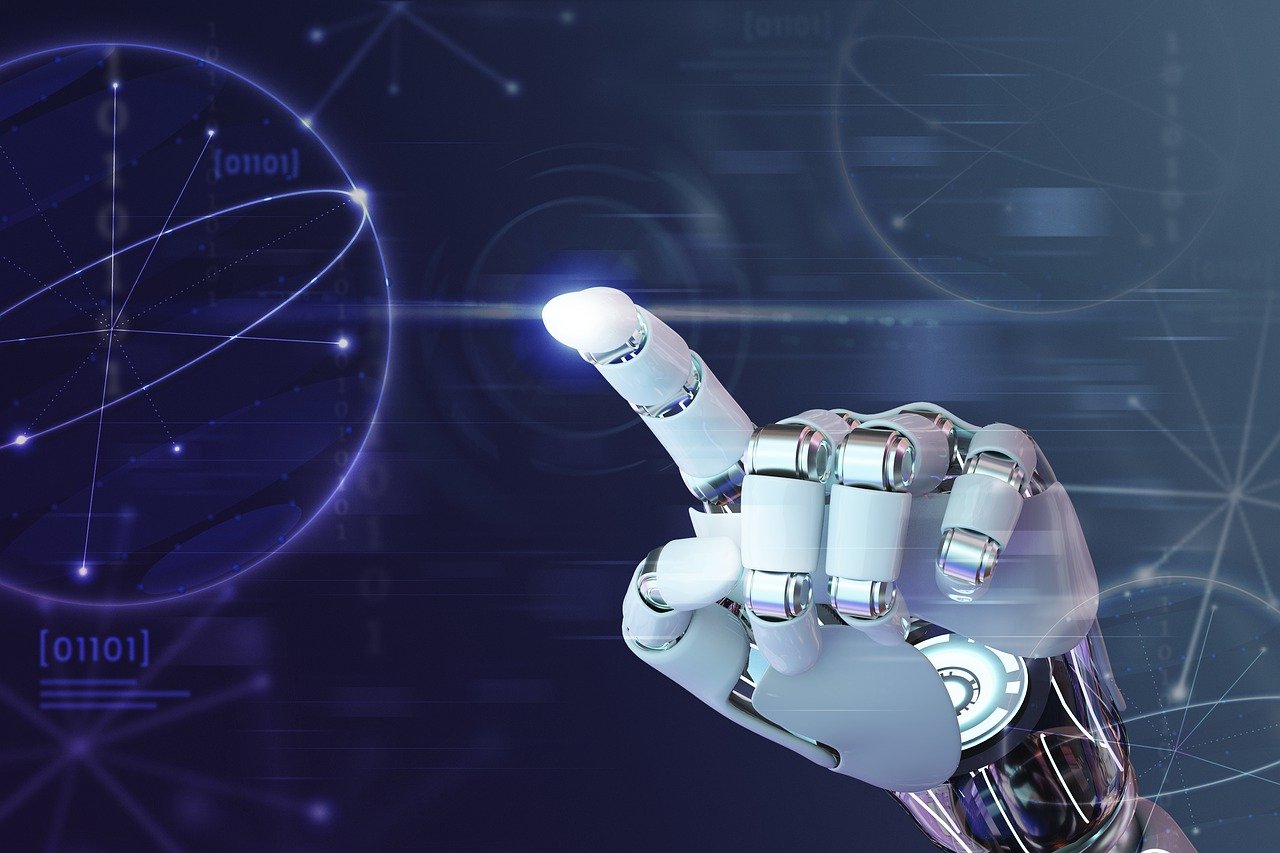Quantum Supremacy
Quantum computing has made significant strides, with companies like Google and IBM demonstrating “quantum supremacy,” where quantum computers perform tasks beyond the capabilities of classical computers. These advancements hold promise for solving complex problems in cryptography, materials science, and drug discovery.
AI-Powered Drug Discovery
Artificial Intelligence is revolutionizing drug discovery by rapidly identifying potential drug candidates and predicting their efficacy. Companies like DeepMind (with its AlphaFold project) and Insilico Medicine are leading the way in using AI to predict protein folding and accelerate the development of new therapies.
5G-Advanced
The next iteration of 5G technology, known as 5G-Advanced, promises even faster speeds, lower latency, and improved reliability. This advancement will support more robust applications in IoT, autonomous vehicles, and immersive virtual and augmented reality experiences.
Augmented Reality (AR) Glasses
Several tech companies are developing AR glasses that blend digital information with the physical world. Products like Nreal Light and anticipated offerings from Apple aim to make AR an integral part of everyday life, enhancing navigation, communication, and entertainment.
Reusable Rockets
SpaceX continues to innovate with its Starship project, which aims to create fully reusable rockets capable of carrying humans to Mars. Reusable rockets significantly reduce the cost of space travel, making it more accessible and paving the way for more ambitious space exploration.
Solid-State Batteries
Solid-state batteries are set to revolutionize energy storage with higher energy densities, faster charging times, and improved safety compared to traditional lithium-ion batteries. Companies like QuantumScape and Toyota are making significant progress in bringing these batteries to market.
Biodegradable Electronics
The development of biodegradable electronics aims to reduce e-waste by creating devices that decompose naturally after their useful life. Researchers are exploring materials like cellulose and proteins to create sustainable electronic components.
CRISPR Gene Editing
CRISPR technology is advancing rapidly, with new techniques enabling more precise and efficient gene editing. This innovation holds potential for treating genetic disorders, improving crop yields, and even combating climate change by modifying the genes of carbon-capturing plants.
Hydrogen Fuel Cells
Hydrogen fuel cells are emerging as a clean energy solution, particularly for transportation. Advances in hydrogen production, storage, and fuel cell technology are making hydrogen-powered vehicles and infrastructure more viable.
AI Ethics and Explainability
As AI systems become more complex and integrated into critical decision-making processes, there is a growing focus on AI ethics and explainability. Innovations in this area aim to make AI systems more transparent, fair, and accountable, ensuring they are used responsibly.
These innovations are pushing the boundaries of what is possible and have the potential to significantly impact various industries and aspects of daily life. Keeping an eye on these developments can provide insights into the future direction of technology.
